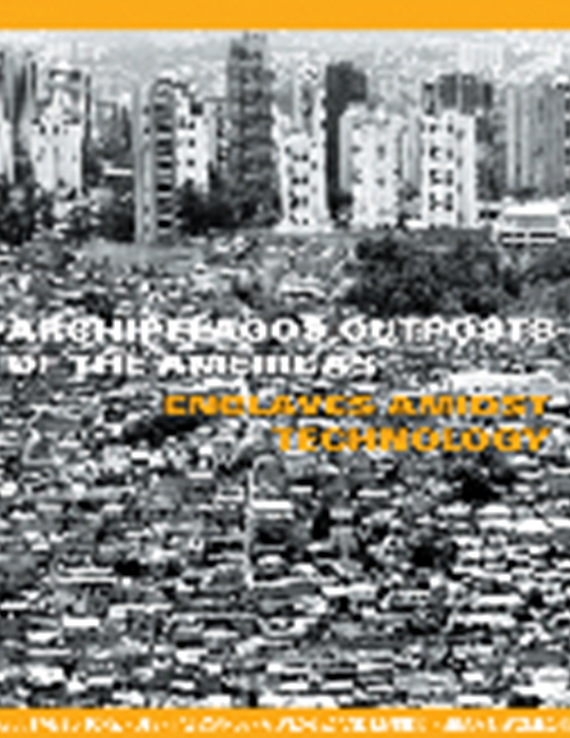Author(s): Lucie Fontein
The Dutch landscape is an extreme example of an archipelagic condition. A terrain below sea level, literally carved out of the water, it can be read as a highly compressed set of islands, each bounded by retaining dikes and connected to neighboring islands by bridges. This complex configuration has compelled the Dutch to confront the issue of whole versus parts in a very physical way. Where does each island fit in to the landscape puzzle? What is the character of the land contained within the boundaries? How do the connections between the islands change over time? This paper traces the evolution of an area on the outskirts of the city of Rotterdam from a set of independent land masses into a major urban thoroughfare. As late as 1900, this area remained parcelled pastureland defined by waterways and ditches. Today, it is a thriving neighbourhood on the edge of the downtown core. The first section of this paper outlines the evolution of the particular area in question. The second section considers this transformation in more theoretical terms, elaborating upon Dutch cultural identity in general, as revealed in the development of this particular urban condition.
Volume Editors
Marilys R. Nepomechie & Robert Gonzalez
ISBN
0-935502-54-8

 Study Architecture
Study Architecture  ProPEL
ProPEL 
